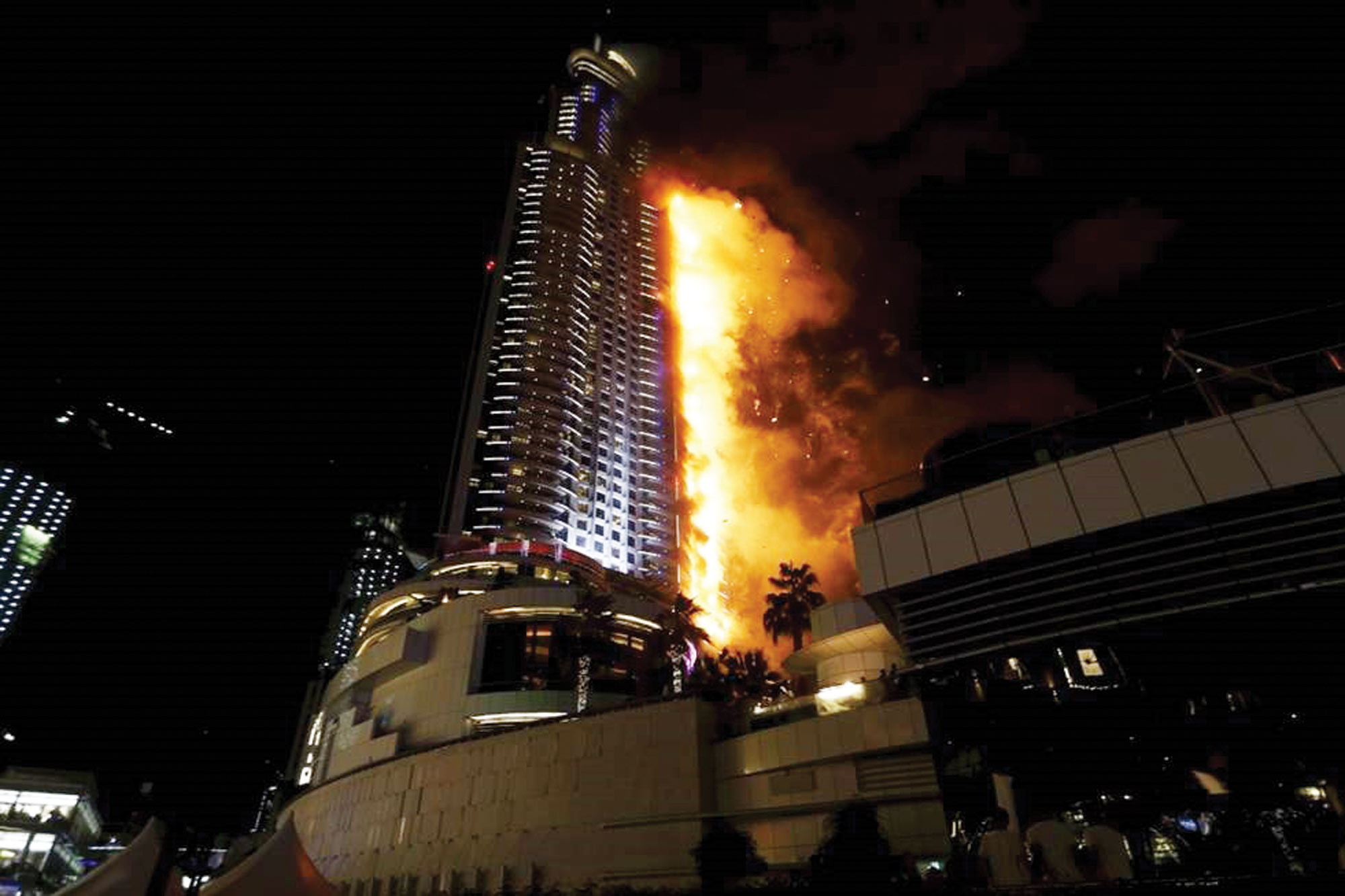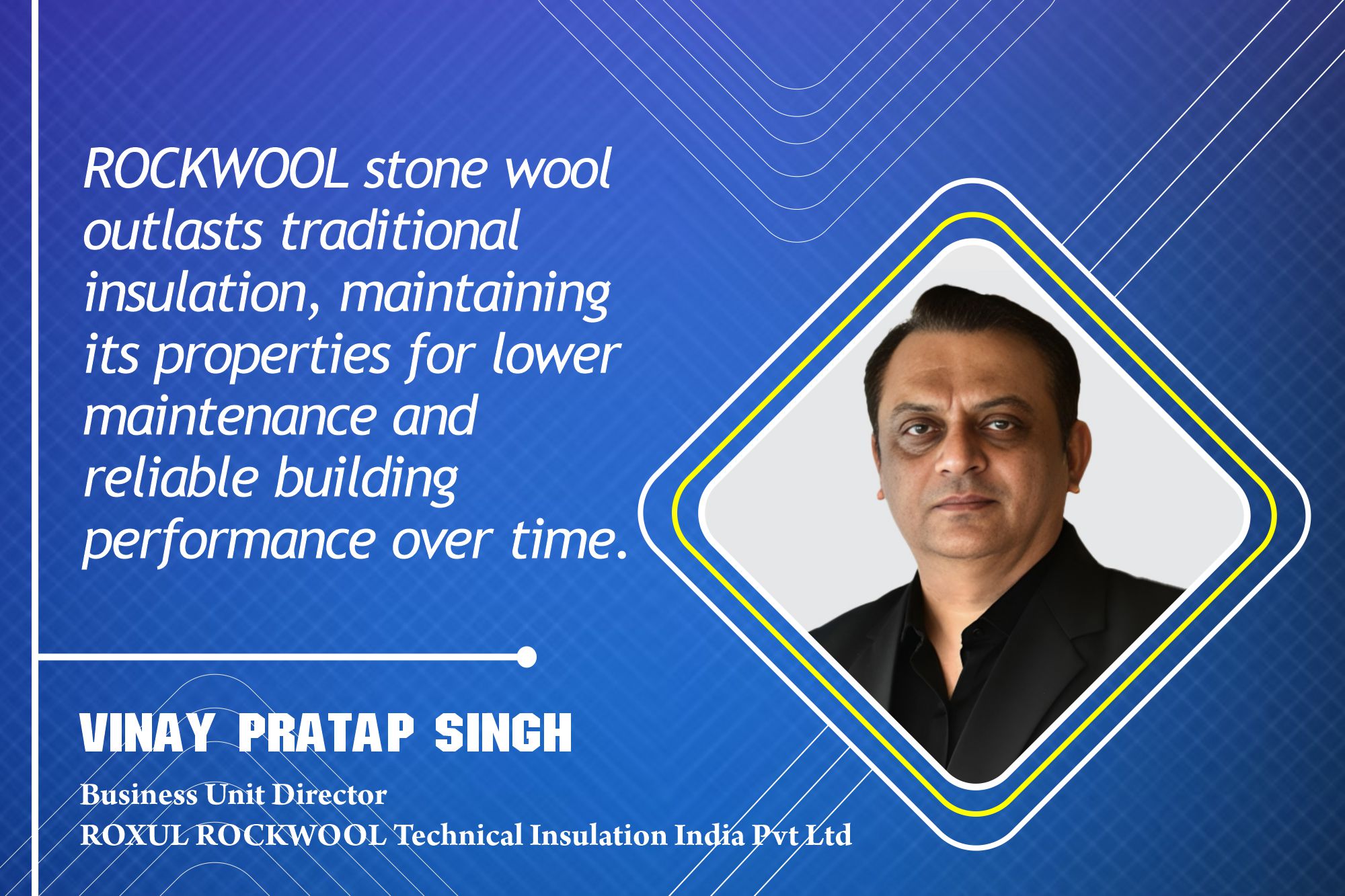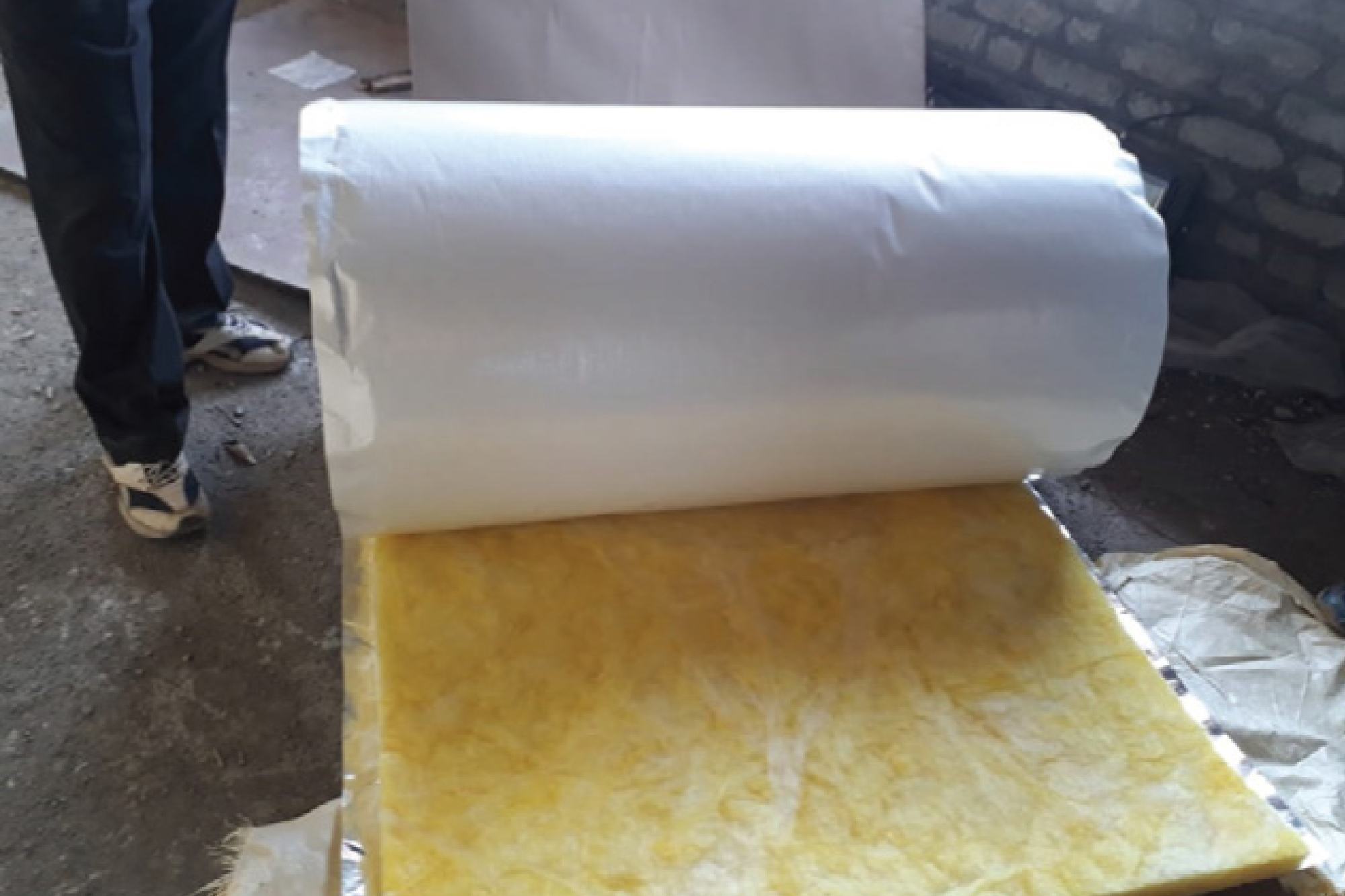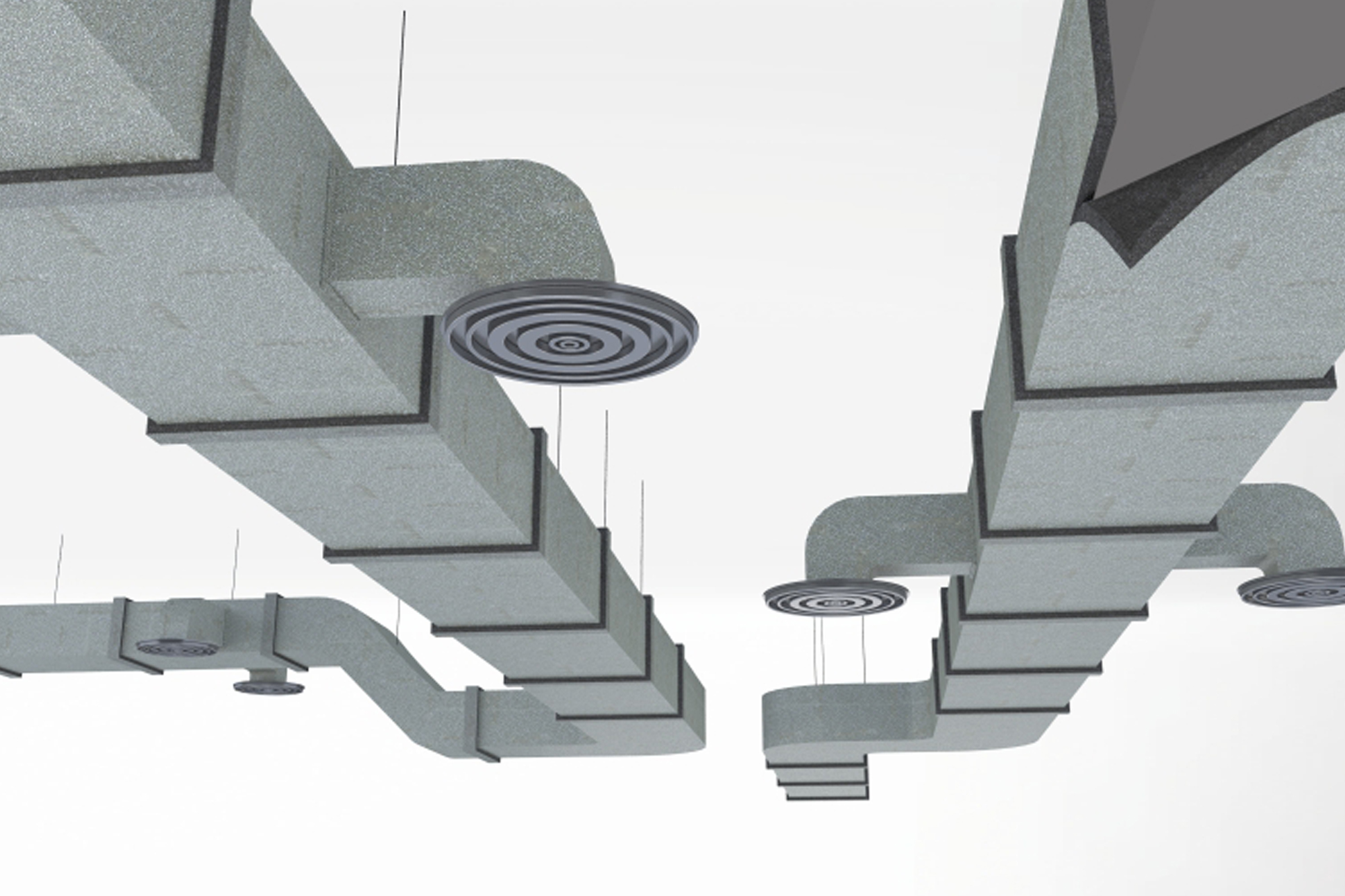It’s time to consider fire safe building insulation
By Edit Team | February 15, 2018 8:19 am SHARE

The advancement in the construction technology and innovative building materials have opened the new era of building constructions were architect are challenged to offer out- of- the box creative designs and engineers redefine gravity in constructing sky reaching tall buildings. These buildings also impose great threat to the occupants and the fireman in the event of fire. Looking at the investigative reports of recent horrific building fire in London and Dubai it can be understood that building materials used and especially the insulation and the type of facade used in the building construction can define life and death during a building fire. According to the experts, one of the common reasons for the rapid fire spread in these two incidents is the presence of combustible insulation in the façade and in the cladding material.
Here is an interesting scenario; it is conclusive, building insulation has been one of the main reason for the rapid-fire spread resulting in many human lives and materials. Is the insulation compromises fire safety of the building? Should an insulation be used at all? And on the other hand, there is an urgent need to use insulation in every building to reduce greenhouse gas and global warming that imposed the danger on the further generation. We are questioning is our safety or further generation? These is no doubt, it is our responsibility to protect and preserve the environment and insulation is one the best solution. By closely look at the type of insulation material that are used in the building insulation, the risk of fire can be reduced significantly.
Non-combustible insulation materials like Stone wool and Glass wool can be chosen for insulating the building without compromising the building fire safety. The aftermath of the recent Dubai hotel fire, Dubai Civil Defence have re-evaluated the building safety code and have recommended to use Non-combustible insulation material especially in the façade in all building constructions. Non-combustible insulation will not assistances fire spread and can provide vital extra time to evacuate the building occupants. They do not produce fire droplet which can also be the source to ignite new fire. Non-combustible insulation does not emit toxic smoke. According to the London local Hospital which treated many of the injured in the recent fire confirmed; many patients were treated toxic smoke which are mostly emitted by combustibles insulation material. To improve the fire properties of combustibles insulations; fire retardant chemicals are added during production and these chemicals add or even increases the smoke toxicity during fire. According to The National Fire Protection Association (NFPA); people usually die of smoke than burns in any case of fire and round 50-80 per cent of deaths are due to smoke not from burn.
Irrespective of building type; new or old, small residential apartments, to a large community building or modern tall buildings; every building is equally vulnerable to fire accidents. India being one of the fast-growing counties with new buildings coming all around, it will be worthy to adopt the best practices in selecting insulation material. There is common myth, a smoke alarm and sprinklers provide enough protection. In reality, smoke alarms only alert occupants to the presence of danger but do nothing to extinguish the fire. During fire, there are possibility of mechanical failure and sprinkles may not operate on time or never function to extinguish fire. Taking into consideration the synthetic materials which are used in modern furnishings and building materials, can create greater fuel load, and faster fire propagation. It is the recommendation by experts, active fire protections need to accompany by passive fire protection system which includes the use of non-combustible insulation materials like glass wool and stone wool in all building types and especially stone wool which has even better fire property than Glass wool.
Authored by:
Mark Westermayer,
Director Marketing,
Rockwool India Pvt Ltd.
Cookie Consent
We use cookies to personalize your experience. By continuing to visit this website you agree to our Terms & Conditions, Privacy Policy and Cookie Policy.





















